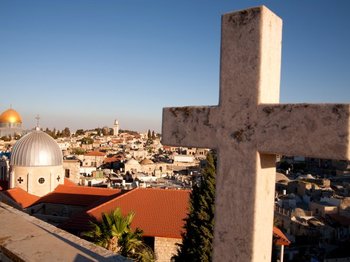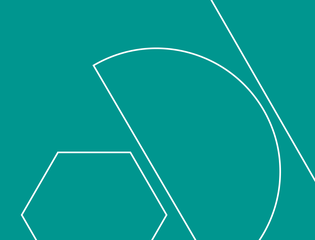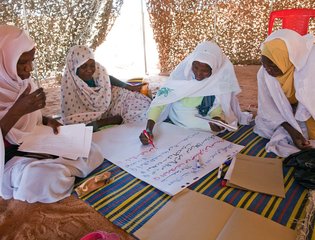We are all too aware of the number and scale of humanitarian crises facing our world today, not least in Syria where an estimated 220,000 people have died in the four-year conflict. It is important to remind ourselves that our collective humanity is taking on these challenges, with record levels of funding providing urgent assistance to millions of people affected by conflict, natural disasters and epidemics such as Ebola. Spiralling needs, however, mean that we have an unprecedented shortfall - last year US$7.5 billion of humanitarian funding requirements remained unmet. More than ever, we are having to seek better ways to meet the needs of those affected by humanitarian crises.
Faith plays a key role in international humanitarian response. Between 11% and 16% of non-governmental organisations (NGOs) listed in the UN Office for the Coordination of Humanitarian Affairs (OCHA)’s Financial Tracking Service (FTS) as humanitarian funding recipients in 2013 are explicitly guided by faith-based principles. Seven of the 22 NGOs represented on the board of the Core Humanitarian Standard have an explicit faith-based ethos, as do five of the 13 NGOs that constitute the UK Disasters Emergency Committee (DEC).
Islamic financing in particular is a surprisingly underexplored territory. Surprising because previous estimates suggest that anywhere between US$200 billion and US$1 trillion is spent in the form of Islamic charitable giving (Zakat) across the Muslim world each year. The Global Humanitarian Assistance (GHA) programme’s new report An Act of Faith – Humanitarian financing and Zakat published today reinforces these figures and goes further by looking at Zakat in depth, specifically in relation to humanitarian assistance.
Zakat, the mandatory Muslim practice of giving 2.5% of one’s accumulated wealth for charitable purposes every year, is one of the main tools of Islamic social financing. It is explicitly intended to reduce inequality and is widely used in Muslim countries to fund domestic development and poverty-reduction efforts. There are clear parallels to be drawn between the eight individual categories of eligible recipients of Zakat listed in the Qur’an and people in need of humanitarian assistance.
An Act of Faith is one of the first concerted attempts to explore the potential of Zakat as a resource for humanitarian assistance. The findings show that it is currently impossible to accurately find out how much Zakat is being collected globally and where it is being spent. With estimates ranging from tens to hundreds of billions of dollars, and only a handful of countries formally reporting the Zakat given by their populations, there is a lot of work to do.
The good news is that discussions are already gaining momentum, and we hope to see commitment to this area with a real possibility of Islamic financing explicitly featuring in the 2016 recommendations from the World Humanitarian Summit taking place next year.
It is important to note, however, that Zakat is not only logistically complicated to navigate for those working in humanitarian assistance but that it also presents theological challenges that must be understood. Islam has a rich history of scholarship, and Zakat is an area where there are differing opinions about how it should be raised and spent. The humanitarian world must be aware of the need to work flexibly and cater for factors such as this.
Leadership is also key; an independent global body (perhaps newly formed) would ensure that discussions are fruitful and lead to action. At such an early stage of exploration we must not be overly prescriptive about solutions and ensure an inclusive and collaborative approach between academics, Islamic scholars, theologians and humanitarian practitioners.
This is an exciting time, with both Muslim and non-Muslim communities showing willingness to take on this challenge. The former must tackle the question ‘how can Islamic social finance structures be used to increase the overall volume of Zakat collected for humanitarian assistance, and how can it be better used to respond to the needs of people in crisis?’ Meanwhile the humanitarian system must take steps to embrace this potential funding source from the Muslim world, understand potential complexities that may be unique to this area of finance, and improve the mechanisms available to channel Zakat appropriately to humanitarian response.
One final but crucial note is that we must ensure that we work in combination, not parallel, with other poverty and development agendas at play. With the role of Islamic finance being explored in resourcing the Sustainable Development Goals, it would be a mistake to remain blinkered to the intrinsically linked areas of poverty and humanitarian crises.



